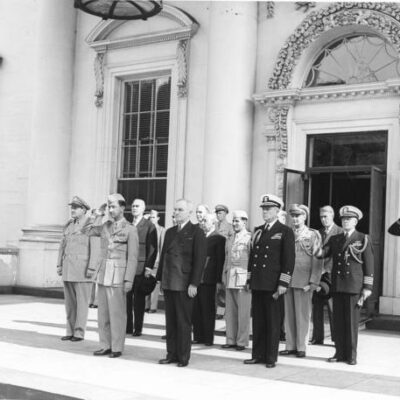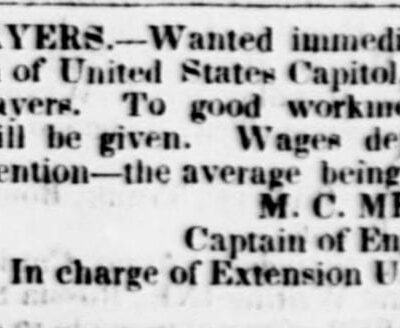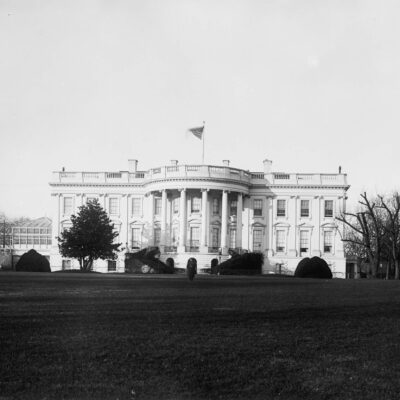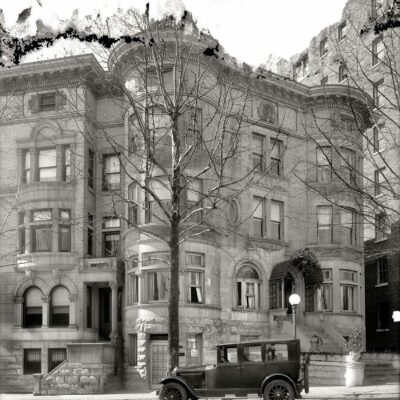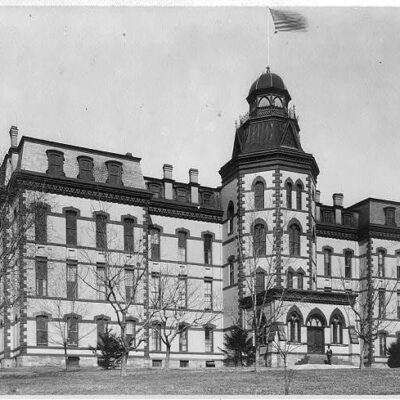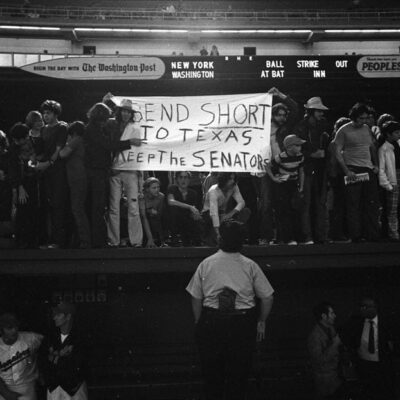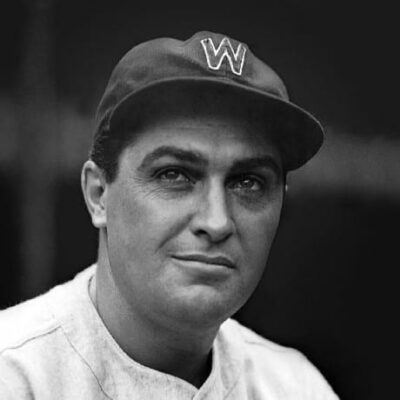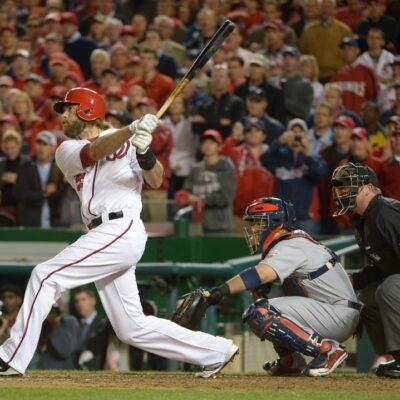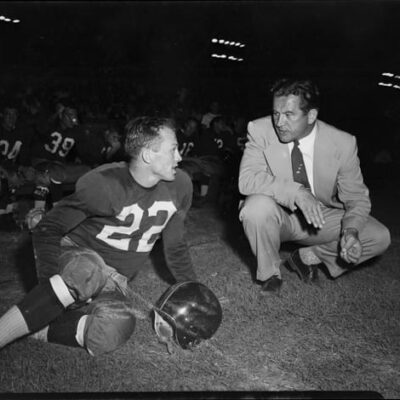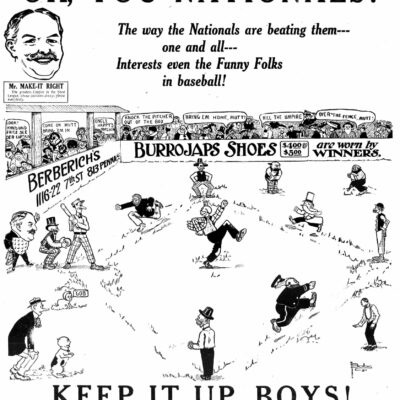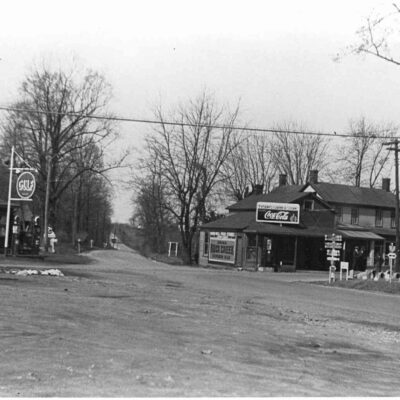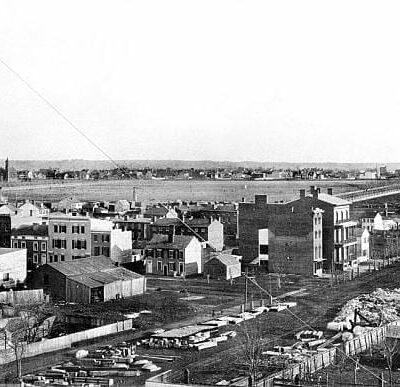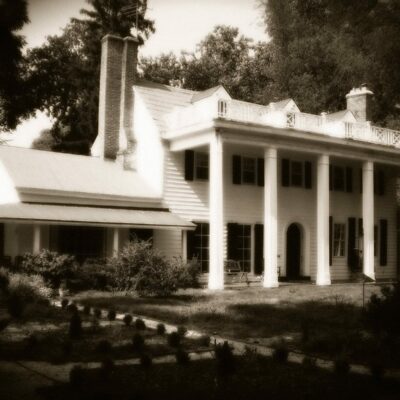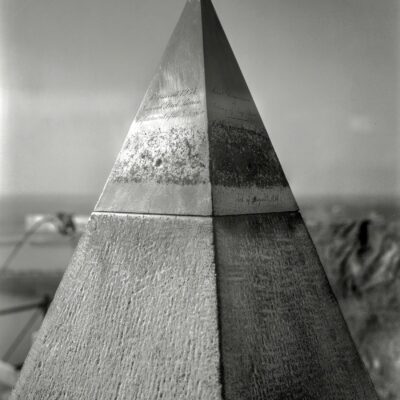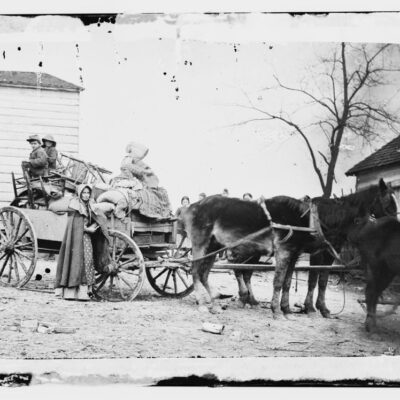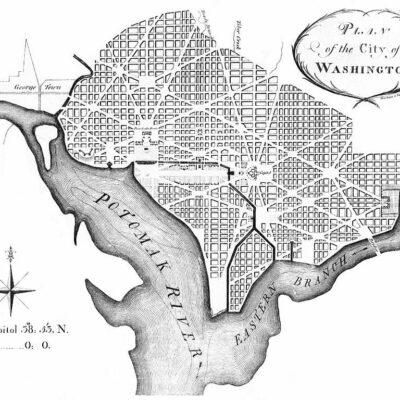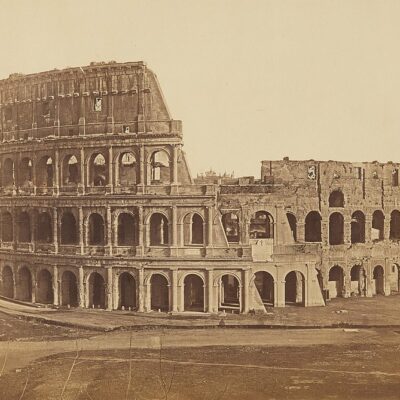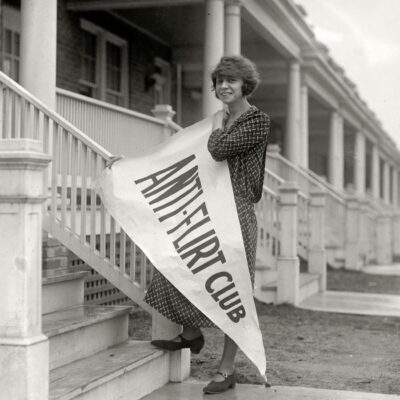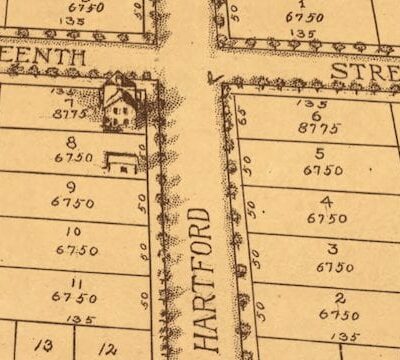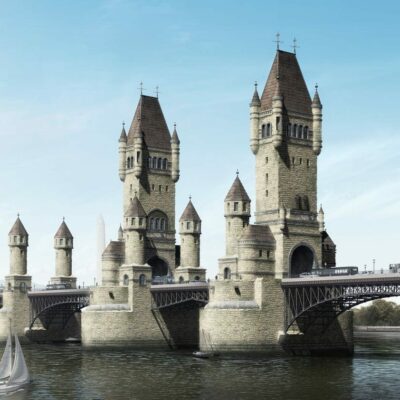The Baltimore Sun reported a rumor that the Washington Senators were moving to the West Coast for the 1957 season.
Washington, Sept 12 (AP)–Calvin R. Griffith, president of the Washington Senators, said today it isn’t so that the American League baseball club is all set to move to California.
Griffith did say “a West Coast city” had asked him about the possibility on shifting the Senators’ franchise but described the approach as so conversational that nothing came of it.
“Contrary to published reports,” Griffith said, “the Washington baseball club reiterates it plans to continue operating right here in Washington.”
…
Griffith recently spent two weeks in San Francisco and Los Angeles conducting a personal survey and was waiting only for the season to end to make his move.
Interesting. We all know what ended up happening … California was booming in the 1950s, with population explosions both in San Francisco and Los Angeles. In the early 50s, Major League Baseball reached only as far west as St. Louis, and it was time to tap into the lucrative West Coast market.
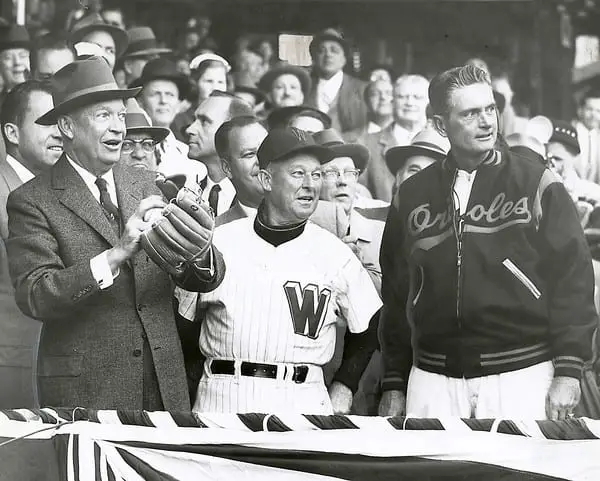
New York was overcrowded with three teams, the Yankees, Giants and Dodgers. Boston had the second-rate Braves, Philadelphia had the A’s and St. Louis had the laughable Browns.
In 1953, the Braves moved to Milwaukee, the home of their top minor league team, and immediately began seeing success. The following year, the Browns move to Baltimore and became the Orioles, beginning their slow march to dominance in the 1960s. Finally, the once-proud Philadelphia Athletics moved to Kansas City, becoming the western-most team.
The Washington Senators rumor gained a more credibility the day after the Sun’s article, when the Washington Post reported the Senators’ manager, Chuck Dressen, claiming knowledge that the team was in fact moving either in 1957 of 1958, despite Griffith’s denials.
The articles in the Post and Sun began to unveil Calvin Griffith’s desire to capitalize on this westward migration and move the team, something he was eager to do since his uncle and adoptive father, Clark Griffith, passed away the previous year.
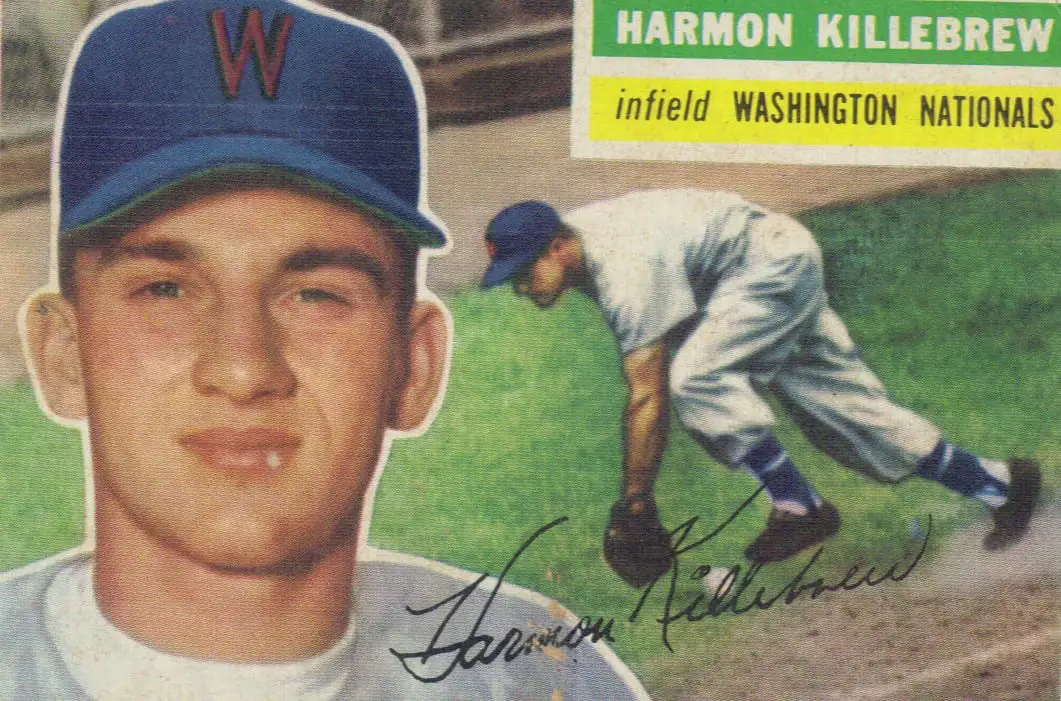
The threat was real and the Post’s legendary sports writer, Shirley Povich (aka, Maury Povich’s dad and Connie Chung’s father-in-law) outlined that, with disappointment, in an article on October 6th.
Calvin Griffith is levelling [sic] with his threat to take Washington’s major league franchise to Los Angeles unless the Nation’s Capital provides a more attractive stadium for his operations.
It is no mere gimmick to force the hand of Washington’s governing bodies in what might appear to be a nothing-to-lose pitch by Griffith. The Capital could wake up some morning and find itself deserted by the major leagues.
…
Washington’s fans aren’t to blame for the possibility they may lose its team. They’ve supported it in numbers remarkable for the calibre [sic] of baseball Griffith provided. His snug operations even have permitted him to show a profit, very small, from merely 430,000 attendance, which is not within 50 per cent of the second-worst drawing club the majors.
Basically, Griffith was double-screwing the city by putting a lousy team on the field resulting in far lower than league average attendance. Then, complaining that the market was not interested enough in his team, whereas other, larger cities were jumping at the chance to fill brand new, tax-payer funded stadiums with rapid fans.
Povich said the writing was on the wall and if Griffith didn’t move to Los Angeles, he’d take his business to San Francisco, Louisville, Minneapolis, Denver or even Toronto. They were all willing to give Calvin what he wanted to have their own Major League Baseball team.
Let me just insert this statement here. Calvin Griffith was a very bad man who ruined baseball for at least two generations of Washington baseball fans. Only now, as the Nationals hopefully march into the 2012 playoffs, are we beginning to recover from the damage he caused.
In response to this threat, local businessmen committed to purchasing 500,000 tickets for the 1957 season (70,000 more than the entire previous year), similar to 1814, when Washington businessmen rallied together to keep the federal government in D.C. after the city was burned by the British.
By October, after the Yankees beat the Brooklyn Dodgers in the World Series, the details of the negotiations were going public. An article in the Post had the headline “Griffith Says Los Angeles Assures Him of Written Offer by Friday.” To Senators fans, the outcome was now a forgone conclusion.
Griffith declared he has assurances from Los Angeles officials that a written proposal for transfer of the Washington franchise would be forthcoming before the Nats 5-man board of directors meets on Friday.
“I am sure we will have a Los Angeles offer to consider in addition to those received from San Francisco and Louisville,” Griffith said. “That is the word I received by telephone from Kenneth Hahn, Los Angeles county supervisor.”
…
Included in the Los Angeles proposal, Griffith said, would be guarantees of a stadium seating “at least 50,000, perhaps larger, with parking for 20,000 cars, and low stadium rental.”
…
The Louisville proposal offering use of the new Fairgrounds Stadium seating nearly 32,000, which could be expanded to 40,000, was made, Griffith said, by William Henry, Fairgrounds superintendent. It was accompanied by a letter from Kentucky Governor A. B. (Happy) Chandler.
The mayor of San Francisco authorized that city’s bid for the Washington franchise, Griffith said. It emphasized the availability of a $5 million bond issue, already passed, into which to build a stadium for the stipulated purpose of inviting major league baseball.
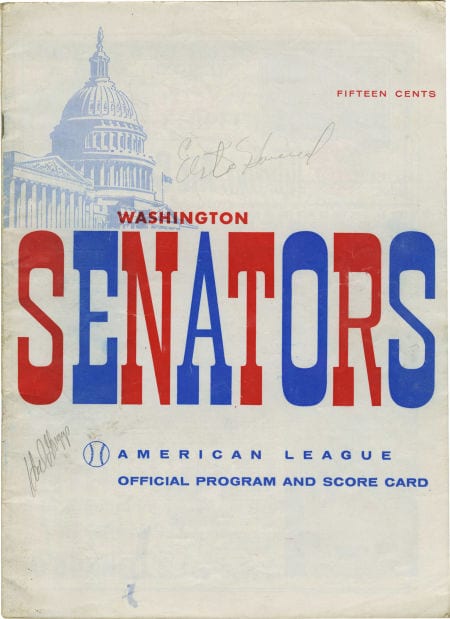
The negotiations and bidding war was heating up (by the way, Happy Chandler was also the former commissioner of Major League Baseball and a U.S. Senator). On Wednesday, October 17th, the Post reported the official offer received by the team.
Los Angeles officials yesterday telegraphed Calvin Griffith an offer of a new $11,000,000 stadium and appropriated $2,000,000 with which to buy out their minor league franchise in a new move to lure his Washington team to that city.
…
Griffith said he was disappointed at the County Board’s failure to spell out its proposal in complete detail for submission to the Friday meeting of the Washington Club’s board of directors.
“I’m not going out there to work out any plans,” said Griffith, president of the Washington club. “They are the ones seeking a franchise. We’re not.”
…
Griffith was non-commital on the question as to whether construction of a new, municipal stadium in Washington would be sufficient to keep the Nats in the Capital. “We’ll answer that question and a lot of others on Friday.”
The good news, albeit temporary, was that Griffith didn’t like the deal offered by Los Angeles. He ended up passing that year and the Senators would stay in Washington for the 1957 season.
After the 1957 season, L.A. successfully lured the Dodgers from Brooklyn with San Francisco pulling in their rival Giants. The Senators lost their negotiating position slightly and rebuffed an attempt by Minneapolis to bring them to town for the 1958 season.
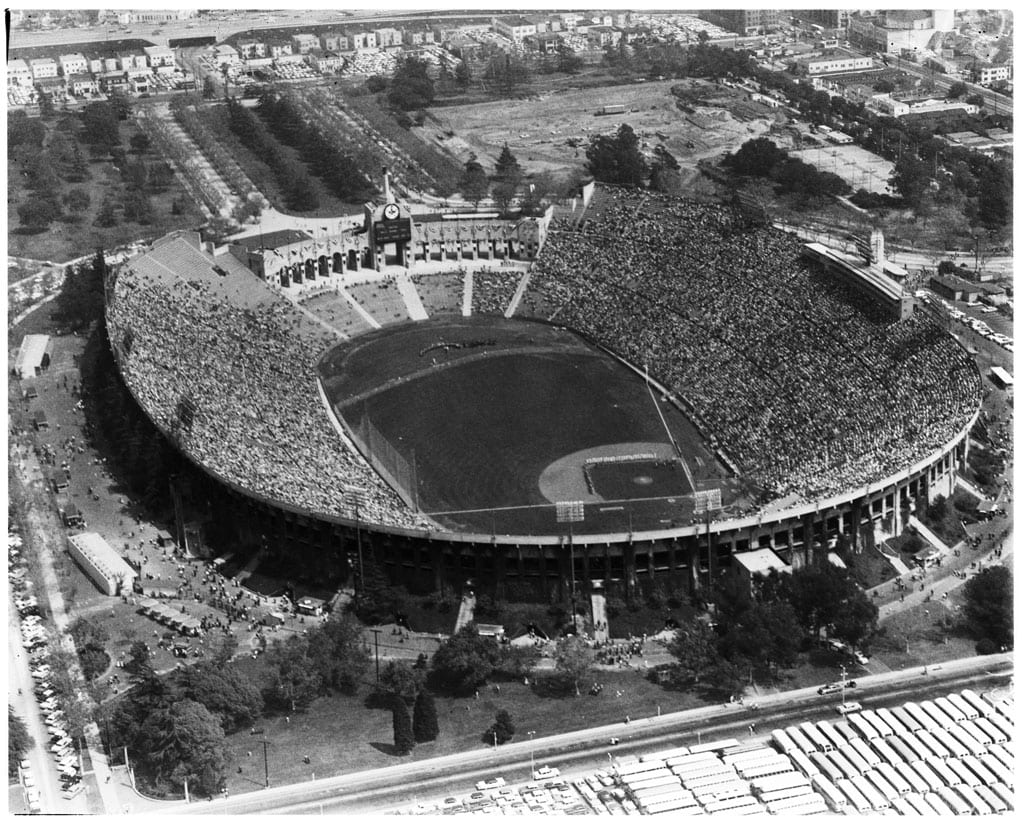
Major League Baseball expanded after the 1960 season by adding a new franchise in Minneapolis. Still stuck in D.C. with an old stadium and lagging attendance, Calvin requested that his team swap with the new expansion team. The Senators would become the Minnesota Twins and Washington would get a new, even crappier Senators team, complete with a roster of unrecognizable players. The Twins would go on to face the Los Angeles Dodgers in the 1965 World Series.
Baseball’s death spiral in our city worsened and the new Senators only made it through 1971 before bailing on D.C. With claims that the riot-ravaged city was too dangerous to successfully support the team, they packed up and headed for Texas. Screw you Calvin Griffith. Screw you Bob Short.
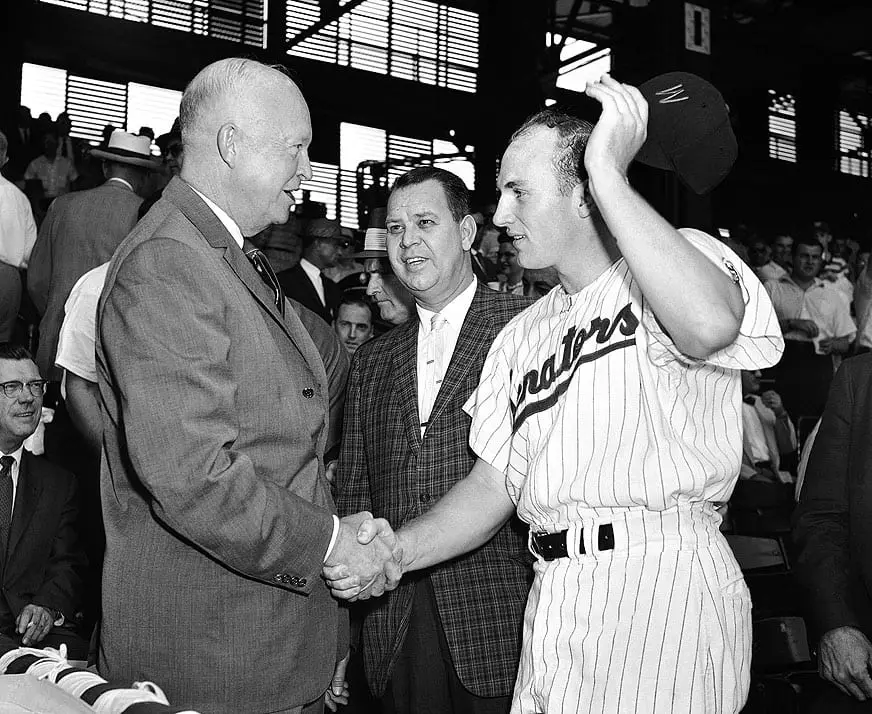
How different would Major League Baseball be if Calvin Griffith made a different decision? Much like the counterfactual history of the 1974 Washington Padres, it’s fascinating to think what would have been. This is where it’s fun to imagine what if … ?
If the Senators had moved to Los Angeles for the 1957, the Brooklyn Dodgers might have stayed in New York. If that was the case, there would have been no need to add the expansion Mets in 1962. With an American League team in Los Angeles, the 1961 expansion would not have included the Angels. It’s possible that the expansion would have placed the team in San Francisco to create a rivalry with the Los Angeles Senators.
In the late 50s, the New York Giants originally flirted with a move to Minneapolis, then the home of their top minor league team. And what about the Athletics, stuck in Kansas City? With an American League team in San Francisco, they wouldn’t be allowed in Oakland, so maybe they would have landed in Seattle? That would mean no 1969 Seattle Pilots expansion team, which became the Milwaukee Brewers and no 1977 Seattle Mariners expansion team.
Is your head spinning?
Barry Bonds hits his steroid-fueled 755th home run as a Minneapolis Giant. The Mets don’t exist, so no 1969 Miracle Mets and Bill Buckner doesn’t flub the play in the 1986 World Series. Steroid Bash-Brothers, Canseco and McGwire, blast their home runs in the Pacific Northwest. The 1991 Los Angeles Senators, led by Kirby Puckett, beat the Atlanta Braves in one of the best World Series’ of all time.
